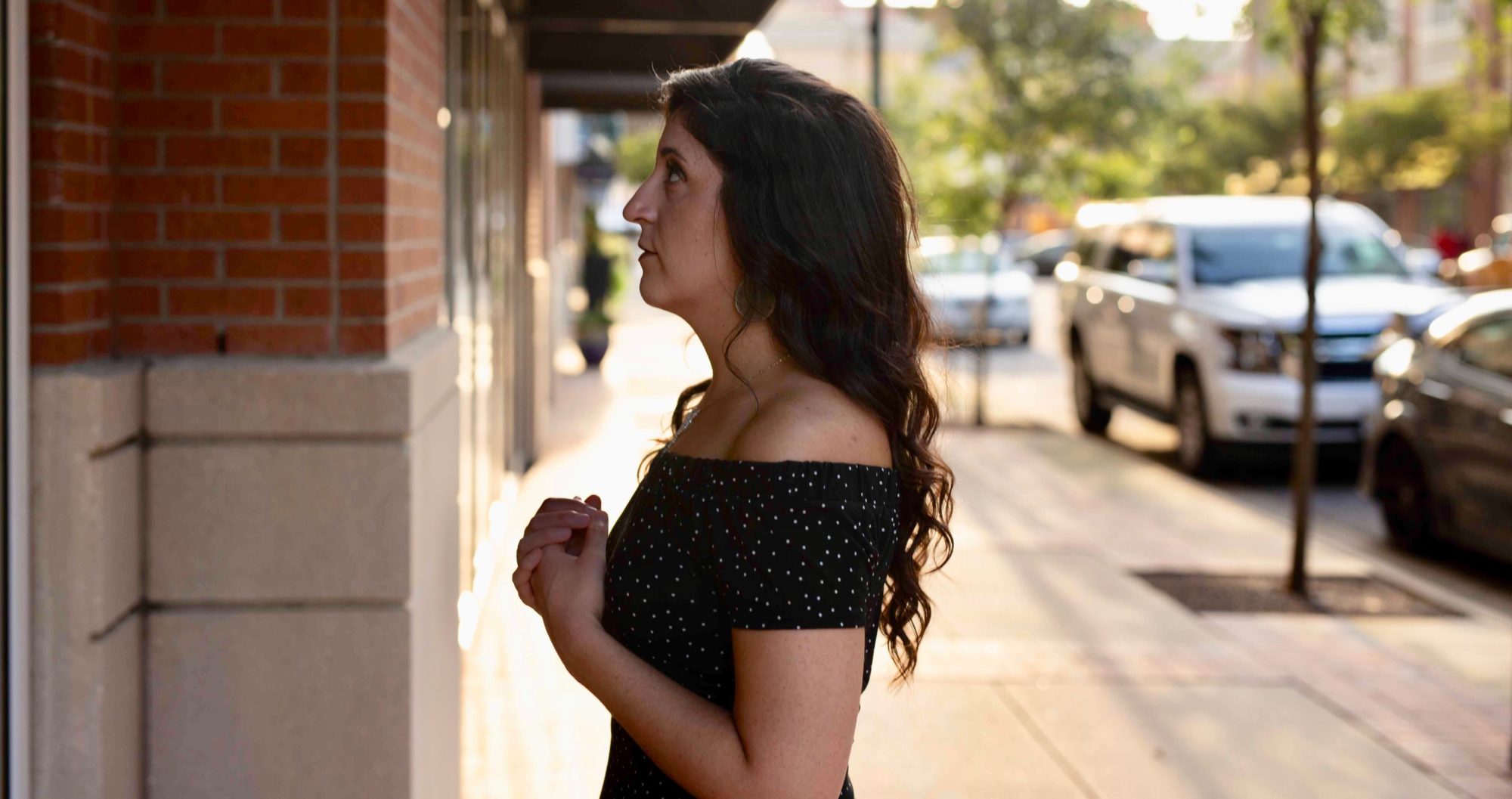From what I hear, a pretty popular new year’s resolution is “read more.”
And I like it. In fact, I’d make it if I believed I had the time to read for leisure. The truth is, I probably do, or will, now that I won’t have to regularly re-declutter or be distracted by a closet that spews its stuff across my room (It’s my clutter free year!).
But for anybody interested in some non-fiction books worth reading, I thought I’d share the literal few I have most recently read in full. I got something important out of each and you may get something good out of them, too.
1. The Church of Facebook: How the Hyperconnected Are Redefining Community by Jesse Rice
I found this book at Border’s and bought it though I’d never heard of it. Best impulse buy ever. For the first time in book form, somebody agreed with me re: social media. Jesse Rice, who is a writer and musician and has a master’s degree in counseling psychology, shares my sentiments (almost entirely, except for the fact that he still uses social media). In the book, he communicates those sentiments in the words and ways I’ve been trying to find for years. According to the back of the book, “while personal profiles are revealing, they hint at even larger truths. They uncover our desire for identity, our craving to be known, and our need to belong. … Join Jesse as he explores social networking and its impact on culture and the church. Filled with fresh perspectives and provocative questions, The Church of Facebook encourages us to pursue authentic relationships with God and those around us.”
An excerpt from pages 142-144:
“First, being always-on reinforces the belief that an invisible entourage follows us wherever we go. Our nonstop connectivity ensures we are always within reach of someone, at least technically, and at least in a way that might cause us to act differently than we would if we knew no one was watching. … the more we believe we have an audience, the more likely our behavior will reflect that belief. We will live in response to a thousand imagined voices, rather than in response to our own hearts.
The cultivation of a healthy self-concept is being subtly undermined by the tendency toward always-on behavior. … The new phone is enabling parents and children to be in touch with one another, but it can prevent the child from having to face certain difficult tasks on their own. ‘With the on-tap parent,’ Turkle observes, ‘tethered children think differently about their own responsibilities and capacities.’ … Likewise, when a young person jumps on Facebook … they are newly connected to a vast and growing network of ‘others’ from whom they can receive guidance, comfort, and camaraderie. While this is often a positive experience … it can also be potentially harmful. Young people can come to so fully depend on the advice and opinions of others — including parents — that they become stunted in their ability to navigate life on their own.”
2. Sex God: Exploring the Endless Connections Between Sexuality and Spirituality by Rob Bell
I bought this book upon my friend Amanda’s suggestion — for somebody who wants to write about relationships and chastity, she said, it is a must-read. I’ll go ahead and add that for anyone who cares about relationships and chastity, it is also a must-read. I’d heard good things about the book for awhile, but until Amanda suggested it, I’d avoided it. And that’s because when I first flipped through it at a bookstore, it looked a little non-traditional, as far as books go, with lots of one- and two-line paragraphs throughout. I thought I’d find it too abrupt to want to read, but as it turns out, I’ll probably never judge a book by it’s one- and two-line paragraphs again. The book is so good.
An excerpt from pages 52-53:
“There’s a passage in the book of First Corinthians where one of the writers of the Bible addresses this worldview. He confronts his audience with a challenge: Can they live for a higher purpose than just fulfilling their urges? He then claims that their bodies are ‘temples of the Holy Spirit, who is in you, whom you have received from God.’
This is provocative language. A temple was a holy place, a place where the gods lived, a place where heaven and earth met. The writer specifically uses this image to challenge them with the idea that a human isn’t just a collection of urges and needs but is a being whom God resides in. He’s trying to elevate their thinking, to change their perspective, to open their eyes to a higher view of what it means to be a human. He’s asking them to consider that there’s more to life than the next fix.”
3. Heaven is for Real: A Little Boy’s Astounding Story of His Trip to Heaven and Back by Todd Burpo and Lynn Vincent
I unwrapped this book on Christmas Eve: a gift from my mom. I hadn’t heard of it. I read the first few chapters in bed that night, and I read the rest of the entire book while we all relaxed on Christmas Day. I could not stop reading it. The book is the true story of Colton Burpo, a then 3-year-old boy who, after recovering from an emergency surgery, says angels sang to him at the hospital. A little at a time after that, Colton continues to innocently reveal what he says happened to him at the hospital. And what his parents at first think might be figments of the boy’s imagination start to seem real and miraculous when he begins to bring up up things he shouldn’t know. The story itself is amazing, as are the really good points Burpo makes about life and faith throughout.
An excerpt from pages 74-75:
“What is childlike humility? It’s not the lack of intelligence, but the lack of guile. The lack of an agenda. It’s that precious fleeting time before we have accumulated enough pride or position to care what other people might think. The same un-self-conscious honesty that enables a three-year-old to splash joyfully in a rain puddle, or tumble laughing in the grass with a puppy, or point out loudly that you have a booger hanging out of your nose, is what is required to enter heaven. It is the opposite of ignorance — it is intellectual honesty: to be willing to accept reality and to call things what they are even when it is hard.”
And I’m always interested in book suggestions. Let me know if there are any you’d recommend.
 Last weekend, on my way to a church in Tampa, I decided I’d listen to America’s top songs for the week on the radio. I don’t like to admit it, but I’m a semi-closeted sucker for pop music and shows like Ryan Seacrest’s are how I find new songs. But while I drove, I didn’t discover my next embarassing mp3 purchase. Instead, I heard an interview with Enrique Iglesias after Seacrest played the vocalist’s new song “Tonight.” The chorus goes like this:
Last weekend, on my way to a church in Tampa, I decided I’d listen to America’s top songs for the week on the radio. I don’t like to admit it, but I’m a semi-closeted sucker for pop music and shows like Ryan Seacrest’s are how I find new songs. But while I drove, I didn’t discover my next embarassing mp3 purchase. Instead, I heard an interview with Enrique Iglesias after Seacrest played the vocalist’s new song “Tonight.” The chorus goes like this:
